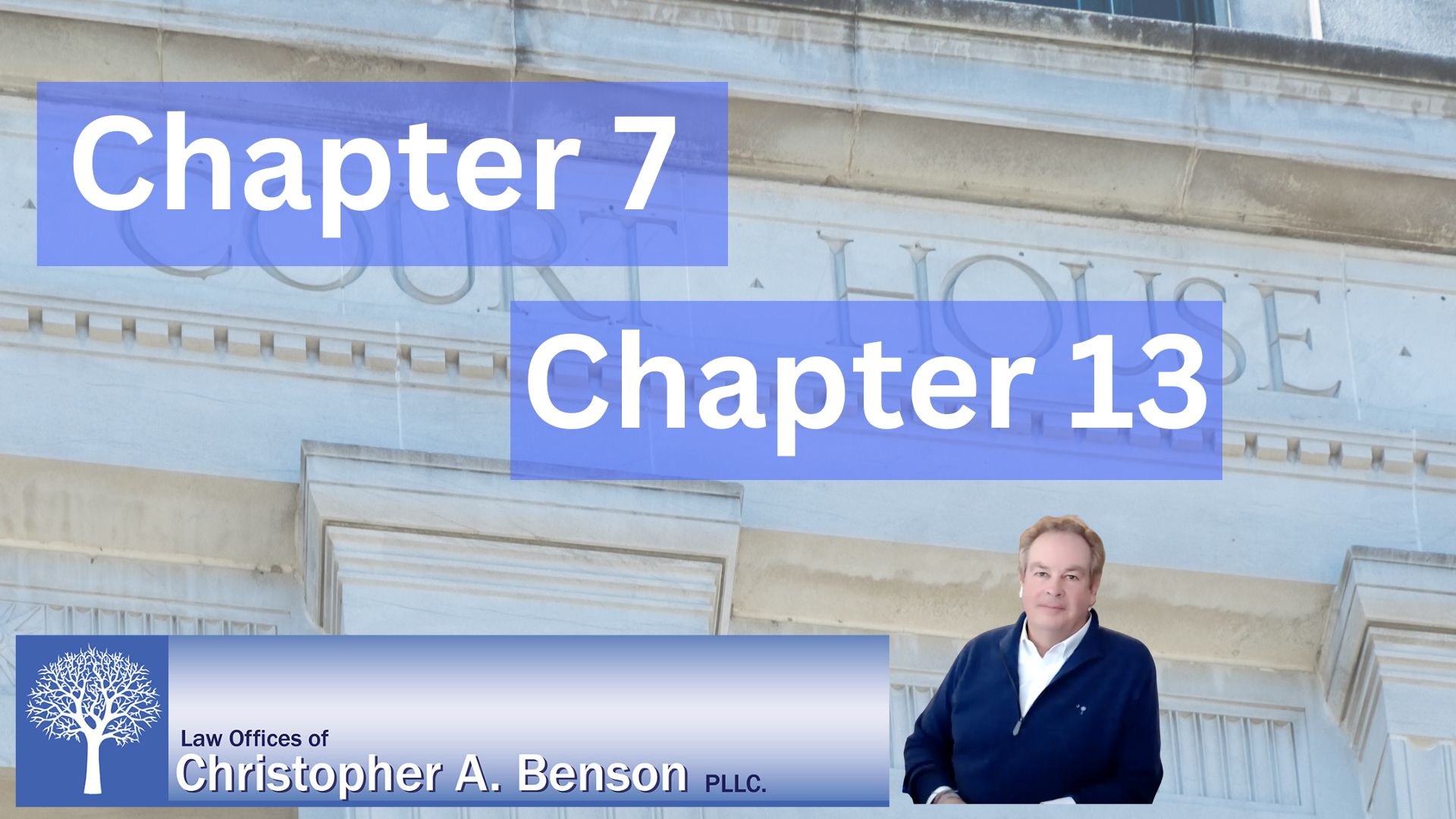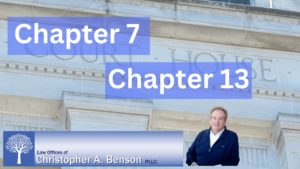
In general, filing Chapter 7 or 13 will stop judgments from being enforced against you, including debt, liabilities, and car accidents. Filing bankruptcy can stop garnishments as well.
Here is a recent YouTube Video that you can watch that we published:
When you file a bankruptcy, you are asking the Court to discharge your debts. However, not all debts can or will be discharged.
Also, if you own real estate and you have a judgment filed against you, you will also have to file a separate motion in bankruptcy court and record the bankruptcy court order in the County where you home is located in order to have the judgment lien removed from your house. It is a few extra step, but it is worth it to get a fresh start.
When we meet to discuss your situation, as your bankruptcy lawyer, we will discuss the different type of debt you have and how you incurred each debt.
Liability resulting from lawsuits over a loan default, breach of contract, nonpayment of credit cards, and car accidents can be discharged. Some debts are beyond discharge, however. These include:
Any transactions and debts incurred within 90 days of filing are looked at more carefully than others. Giving away property, luxury items, or paying off debts to friends or family can be viewed as acts of fraud even if you thought you were doing the “right” thing.
It’s important to list these debts correctly or you run the risk of being accused of fraud later, even if the courts and your creditors do not realize the mistake at the time. Even if these kinds of debts are discharged during bankruptcy in error, it’s important to note that the debt is still enforceable and, you can even be charged with fraud for trying to obtain an illegal discharge.
Over the past 33 years, the Law Offices of Christopher A. Benson has helped over 3,000 of Washington clients take control of their financial situation. We can stop your garnishment and change your monthly payments for all your combined unsecured debt, and if you have had more than $600 garnished within the last 90 days, we can get all of the money back in most cases. But you have to act quickly–call (253) 815-6940 for your free consultation, or email us today.
